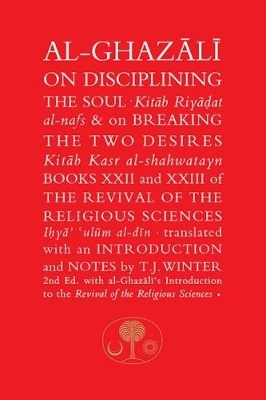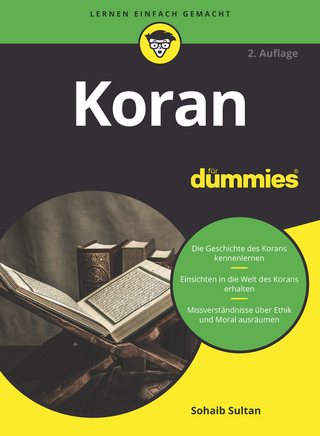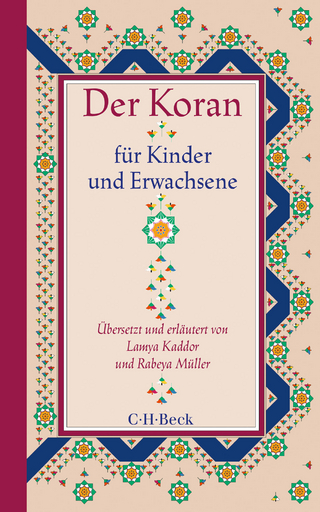
Al-Ghazali on Disciplining the Soul and on Breaking the Two Desires
The Islamic Texts Society (Verlag)
978-1-911141-35-8 (ISBN)
"Al-Ghazali on Disciplining the Soul" is a translation of the twenty-third book of the "Revival of the Religious Sciences" (Ihya Ulum al-Din), which is widely regarded as the greatest work of Muslim spirituality. In "Al-Ghazali on Disciplining the Soul", Abu Hamid al-Ghazali illustrates how the spiritual life in Islam begins with `riyadat al-nafs', the inner warfare against the ego. The two chapters translated here detail the sophisticated spiritual techniques adopted by classical Islam in disciplining the soul. In Chapter One, "Disciplining the Soul", Ghazali focuses on how the sickness of the heart may be cured and how good character traits can be acquired. In Chapter Two, "Breaking the Two Desires", he discusses the question of gluttony and sexual desire-being the greatest of mortal vices-concluding, in the words of the Prophet, that "the best of all matters is the middle way". The translator, T. J. Winter, has added an introduction and notes which explore Ghazali's ability to make use of Greek as well as Islamic ethics.---In this new edition, the Islamic Texts Society has included the translation of Abu Hamid al-Ghazali's own Introduction to the "Revival of the Religious Sciences" which gives the reasons that caused him to write the work, the structure of the whole of the "Revival" and places each of the chapters in the context of the others.
Abu Hamid al-Ghazali (d. 505/1111), theologian, logician, jurist and mystic, was born and died in Tus in Central Asia, but spent much of his life lecturing at Baghdad or leading the life of a wandering dervish. His most celebrated work, "Revival of the Religious Sciences", has exercised a profound influence on Muslim intellectual history by exploring the mystical significance of the practices and beliefs of Islamic orthodoxy, earning him the title of Hujjat al Islam, the `Proof of Islam'.
A Selection from the Table of Contents: An Exposition of the Merit of Good Character and a Condemnation of Bad Character; An Exposition of the True Nature of Good and Bad Character; A General Exposition of the Means by which Good Character may be Acquired; An Exposition of the Symptoms by which the Diseases of the Heart may be Recognised, and the Signs which Indicate a Return to Health; An Exposition of the Way in which a Man May Discover the Faults in his Soul; An Exposition of the Way in which Young Children should be Disciplined, and the Manner of their Upbringing and the Improvement of their Characters; An Exposition of the Merit of Hunger and a Condemnation of Satiety; A Discourse on Sexual Desire; An Exposition of the Aspirant's Obligations Regarding the Renunciation or Contraction of Marriage; Appendix I: Persons cited in the text; Appendix II: Translations of the 'Revival' into European Languages; Appendix III: The Wonders of the Heart; Bibliography; Index to Qur'anic Quotations; General Index.
| Erscheinungsdatum | 01.09.2016 |
|---|---|
| Reihe/Serie | The Islamic Texts Society's al-Ghazali Series |
| Übersetzer | T. J. Winter |
| Sprache | englisch |
| Maße | 156 x 234 mm |
| Gewicht | 550 g |
| Themenwelt | Geisteswissenschaften ► Religion / Theologie ► Islam |
| ISBN-10 | 1-911141-35-X / 191114135X |
| ISBN-13 | 978-1-911141-35-8 / 9781911141358 |
| Zustand | Neuware |
| Haben Sie eine Frage zum Produkt? |
aus dem Bereich


